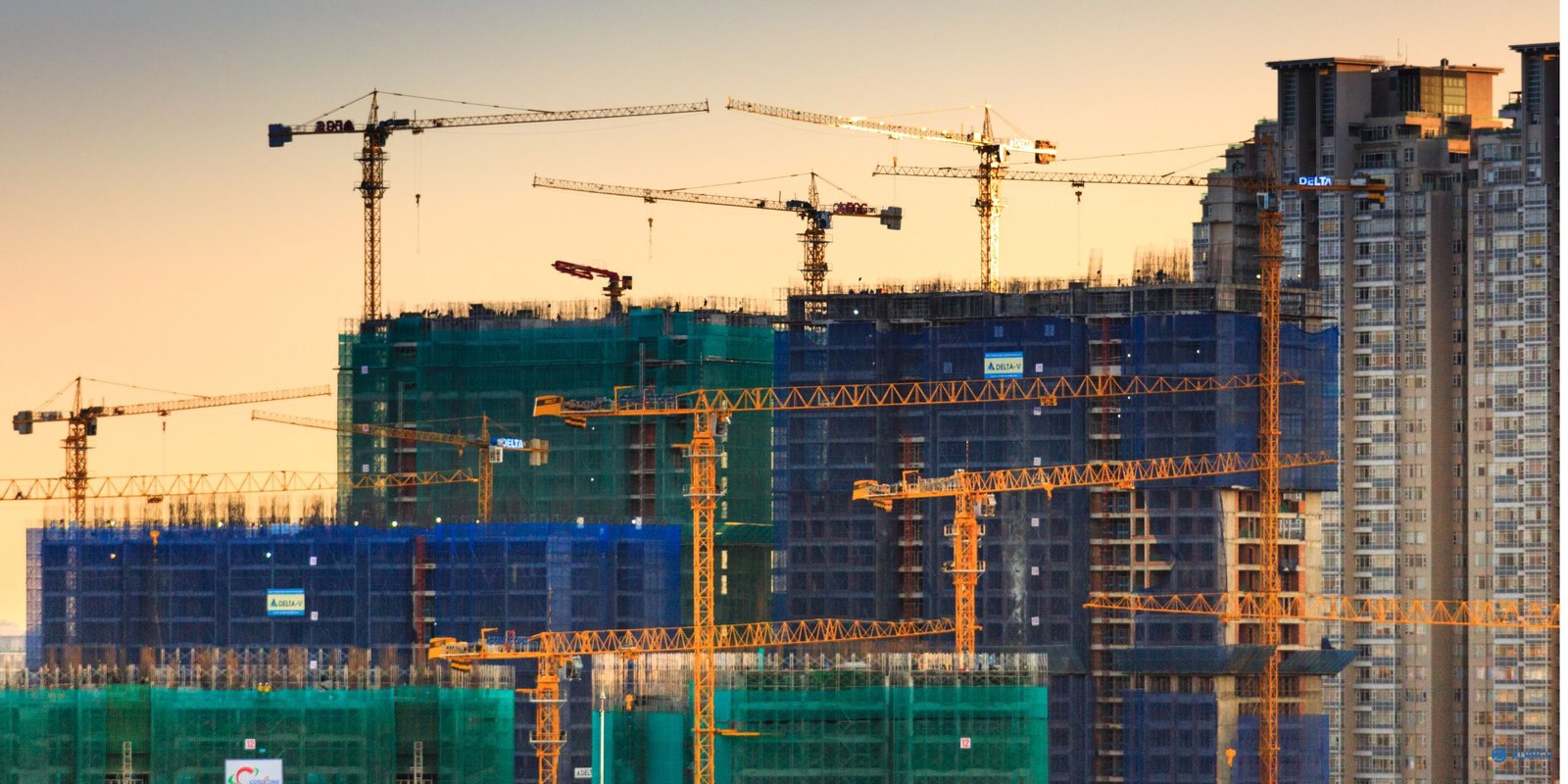Modular construction – Risks and Considerations
October 9, 2024
Modular construction, or prefabricated construction, dates back to post-war reconstruction in the UK and US. Initially used to address steel and labor shortages, it has evolved into a popular trend, speeding up project timelines by 20 to 50 percent and reducing costs by up to 25 percent, but there are risks involved. In this article, Zurich Nordic’s expert Mahsa Tehrani, provides an overview of them including transport, weather conditions and natural catastrophes.
The COVID-19 pandemic has increased the demand of modular construction due to its efficiency, but the risks have boosted the need for related insurance products like Construction All Risks (CAR) and Erection All Risks (EAR) insurance.
Transporting and assembling prefabricated modules carry risks of damage and delays, requiring insurers to carefully evaluate and determine the origin of any damage for accurate claims processing.
Key factors and challenges
Insurance for modular construction can cover various stages of the process, from off-site design and construction to on-site installation and integration. However, most insurance coverage focuses on the final on-site stage. A significant challenge for insurers is determining the point of damage occurrence—whether during fabrication, transportation, or construction.
Modules are often manufactured in countries where labor and materials are less expensive, such as Malaysia, and transported to the construction site, involving multiple loading and unloading phases. This complex logistics process increases the risk of damage, especially if not handled by professionals. Weather conditions also pose a significant risk, as adverse weather can delay projects and damage modules, affecting the entire construction timeline and workforce productivity.
From the insurance carrier’s perspective, the storage conditions of modules, climate differences between the production and recipient countries, and the potential for natural catastrophes are crucial factors to consider. For instance, modules built in humid conditions may not fare well in arid climates. Additionally, heavy lifting operations using cranes pose significant risks, as any detachment or misplacement can lead to severe damage and project delays.
Modular construction projects in high-risk areas, such as the seismically active west coast of the United States, require careful engineering to ensure that modules can withstand specific conditions. Each module is designed for a specific location within a building, and any damage necessitates an identical replacement, which can be time-consuming and costly.
Navigating the Complexities of Modular Construction Strategies
Despite its growing popularity, modular construction remains a complex subject and a wide range of risks need to be taken into consideration, including transportation, lifting, weather conditions, and natural catastrophes. The size and material of the modules, as well as the construction's vertical or horizontal orientation, also influence risk assessment and premium calculations.
Effective risk mitigation in modular construction depends heavily on the coordination between engineering, production, and construction teams. A single point of control over the entire supply chain can enhance quality control, reducing the risk of miscommunication and complications. However, the lack of alternative suppliers for fully-fabricated modules, as opposed to raw materials in traditional construction, can increase risks and potential delays.
In conclusion, while modular construction offers significant benefits in terms of efficiency, cost, and sustainability, it presents unique challenges and risks that must be meticulously managed. Insurers and construction professionals must work together to identify and mitigate them ensuring successful and timely project completion.
At Zurich, we are dedicated to providing you with comprehensive construction insurance coverage and customized solutions tailored to meet the unique needs of your projects. Our expertise in the industry ensures that we can support you through every phase of your construction endeavours, offering risk management strategies and insurance products designed to safeguard your investments and promote successful project completion. Whether you are undertaking a small-scale development or a large, complex construction project, Zurich is here to provide the protection and peace of mind you need to focus on what you do best - building the future.
For more information about our offering, please contact Mahsa Tehrani, Underwriter Construction.
